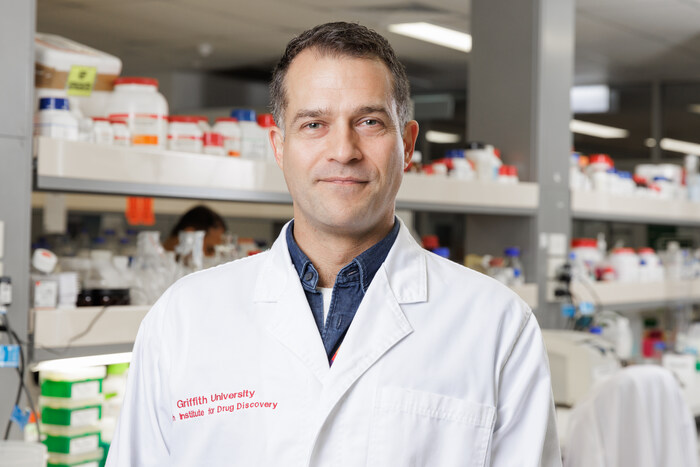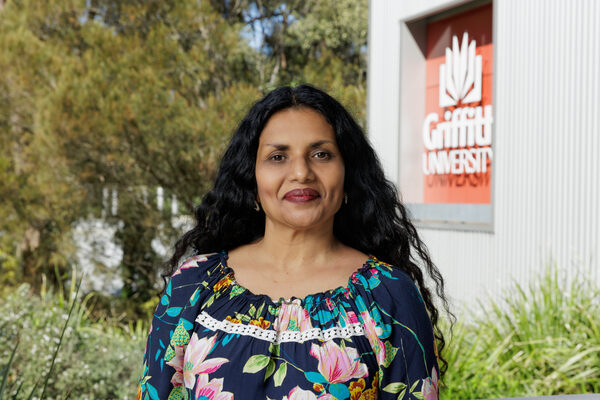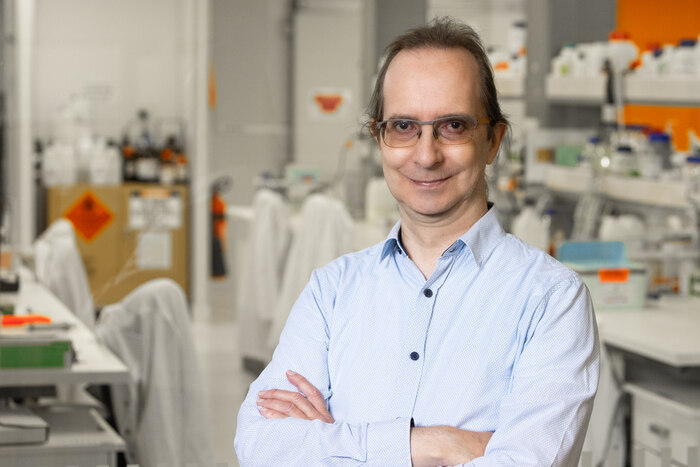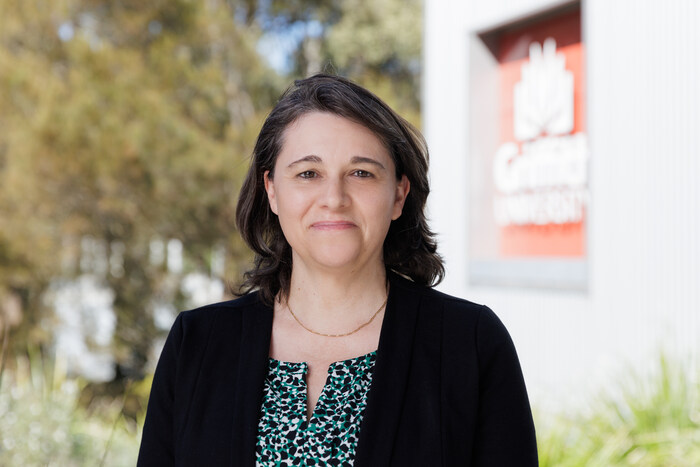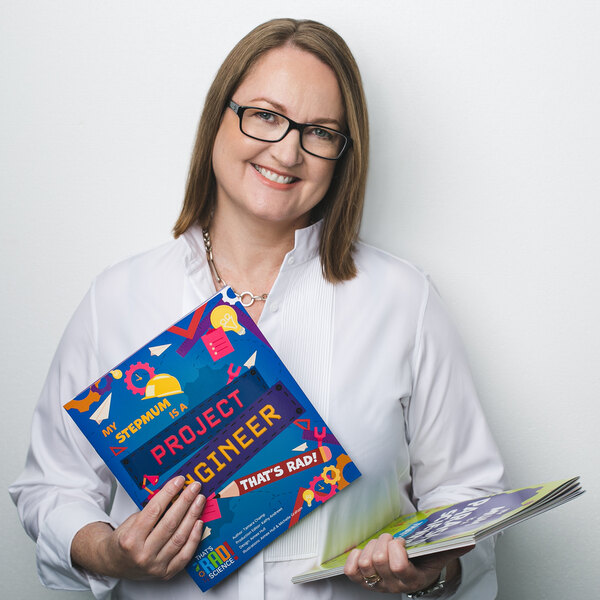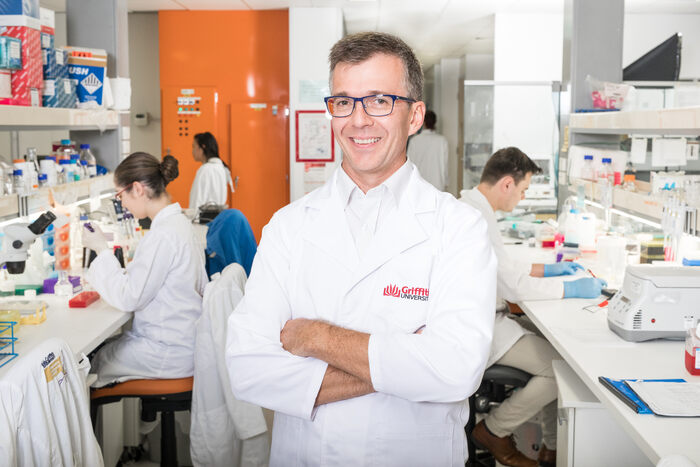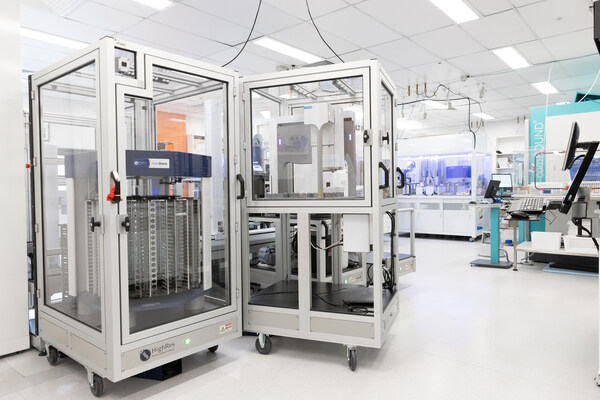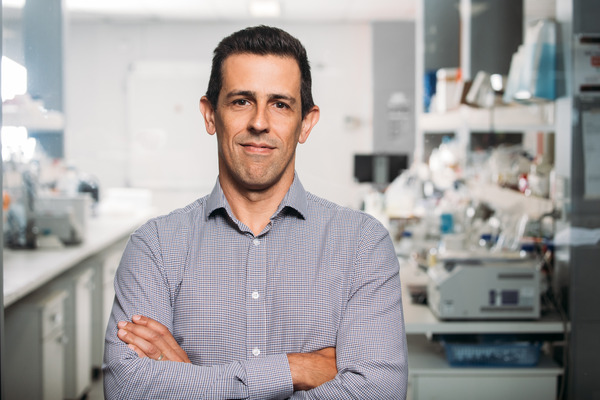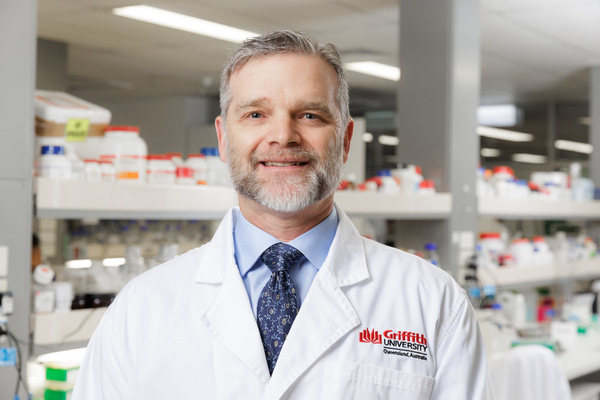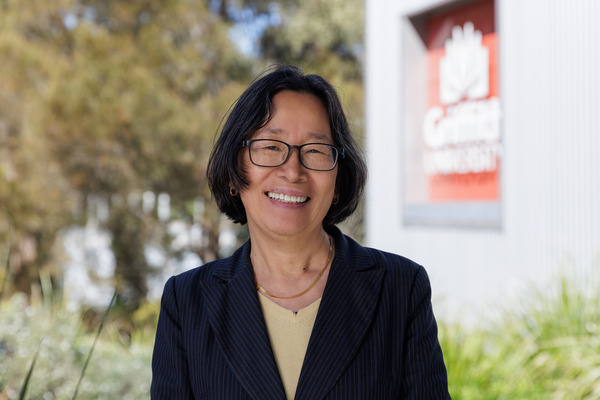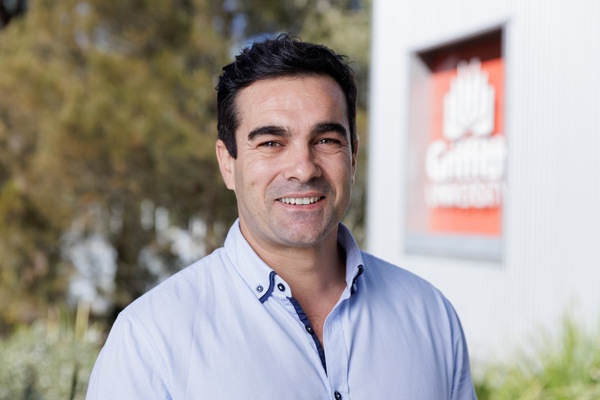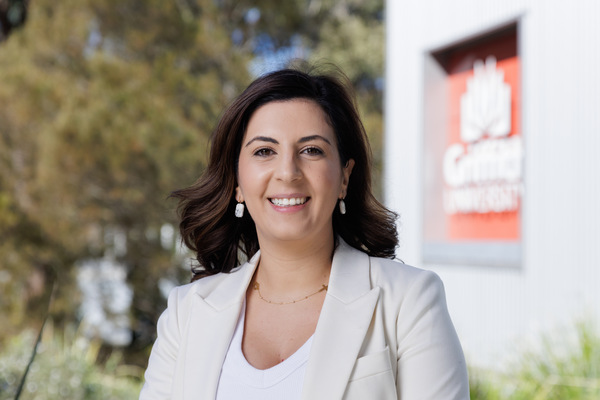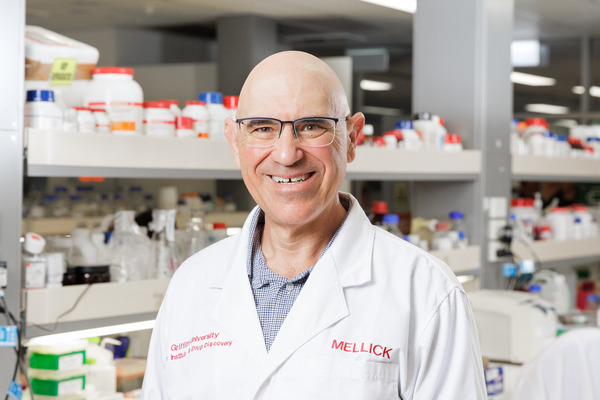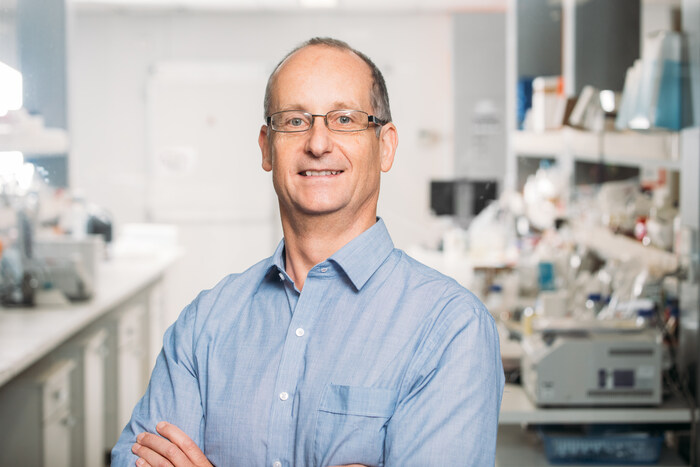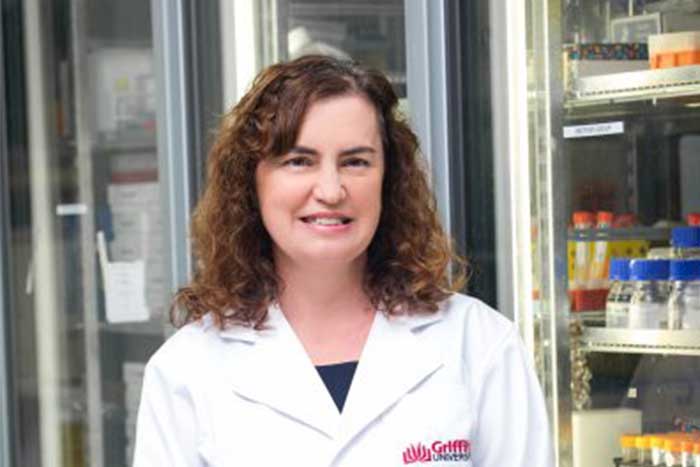If we are to win the fight against devastating diseases such as malaria, then we need fundamental scientific knowledge on our side
Fundamental scientific knowledge plays a critical role in advancing the discovery and translation of new solutions to improve human health and wellbeing. The sharing and use of new knowledge and approaches amongst scientists can result in anything from a new drug, to a different treatment strategy or a change in health policy, amongst other outcomes.
The work of Professor Katherine Andrews and her team at the Griffith Institute for Drug Discovery, Griffith University, is a prime example of the impacts of knowledge sharing. The team’s focus is on malaria – a devastating disease with an estimated 247 million clinical cases and 619,000 deaths worldwide in 2021.
“Medicines are a core part of the global malaria prevention and treatment strategy. Unfortunately, the parasites that cause malaria have developed resistance to current drugs, so we need new strategies before existing drugs inevitably fail. My team is working on the identification of new malaria drug targets and the discovery and pre-clinical investigation of new drug leads for malaria prevention and treatment. We are also trying to untangle how one of the current drugs works so that we can provide new knowledge to help inform its clinical use,” said Professor Andrews. “We share our research findings with the community and use knowledge shared by others to help guide how we are going to fight against this dreadful disease.”
For example, Professor Andrews’ team uses a drug repurposing strategy to investigate the anti-parasitic activity of anti-HIV and anti-cancer agents. She and her colleagues have previously found that certain HIV protease inhibitor (HIV-PI) drugs can kill malaria parasites. This contributed to new knowledge that informed clinical trials in Africa undertaken by others to test whether there would be reduced malaria rates in people taking HIV-PI drugs. It was discovered that HIV-PI drugs did not directly reduce malaria incidence in HIV-infected people but could affect anti-malarial drug exposure. This information is now included in World Health Organisation treatment guidelines for malaria and other health documents.
Professor Andrews and her team are also discovering important new knowledge on anti-cancer histone deacetylase (HDAC) inhibitor drugs with activity against malaria parasites. The team are currently using HDAC inhibitors to improve understanding on the biology of malaria parasites so that new drug leads can be developed. Scientific knowledge from this work is also being used by others to advance research on malaria and other important parasites.
The research undertaken by Professor Andrews and her team has already impacted our understanding of malaria biology and advanced research on the discovery of drug leads for the prevention or treatment of this global health threat. Into the future, the team will continue to add to and communicate new information that helps unravel the complexity of malaria.
Professor Andrews and her team are seeking philanthropic and general donations to progress their work. To contribute to their ground-breaking research, please find more information here:
We are very grateful for any individual or corporate donations and bequests. Through the GRIDD Director’s Circle you can also help provide career and personal development opportunities for GRIDD’s students and early career researchers.
Professor Andrews and her team are open to collaborations with industry and academic groups. To learn more about Professor Andrews’ research and her contact details:
Professor Andrews is an advocate for STEM engagement and founder of the That's RAD! Science project and books.
To keep up to date with developments at GRIDD:
Sustainable Development Goals
Griffith University is aligned with the United Nation’s Sustainable Development Goals (SDGs) and is committed to advancing knowledge, innovation, and practices that promote holistic health and well-being.
